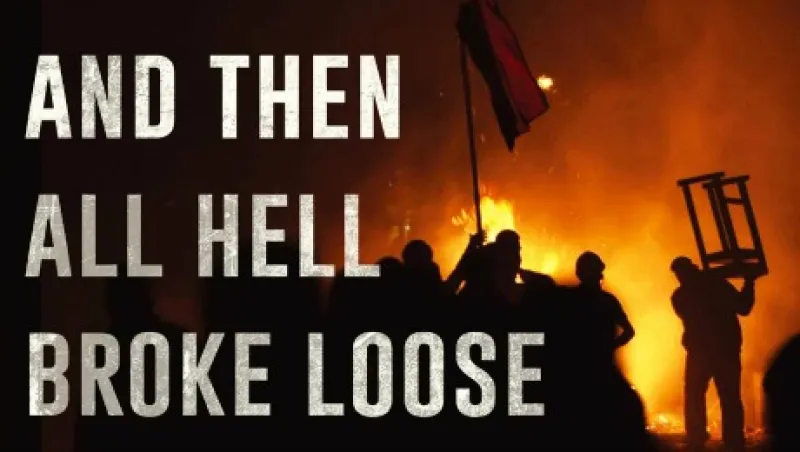
Book Review: Richard Engel Paints Grim View of the Middle East
The veteran NBC News correspondent reflects on two decades of reporting on bloodshed in the region — and sees more violence and volatility ahead.
Jeff Ostrowski
April 16, 2016


